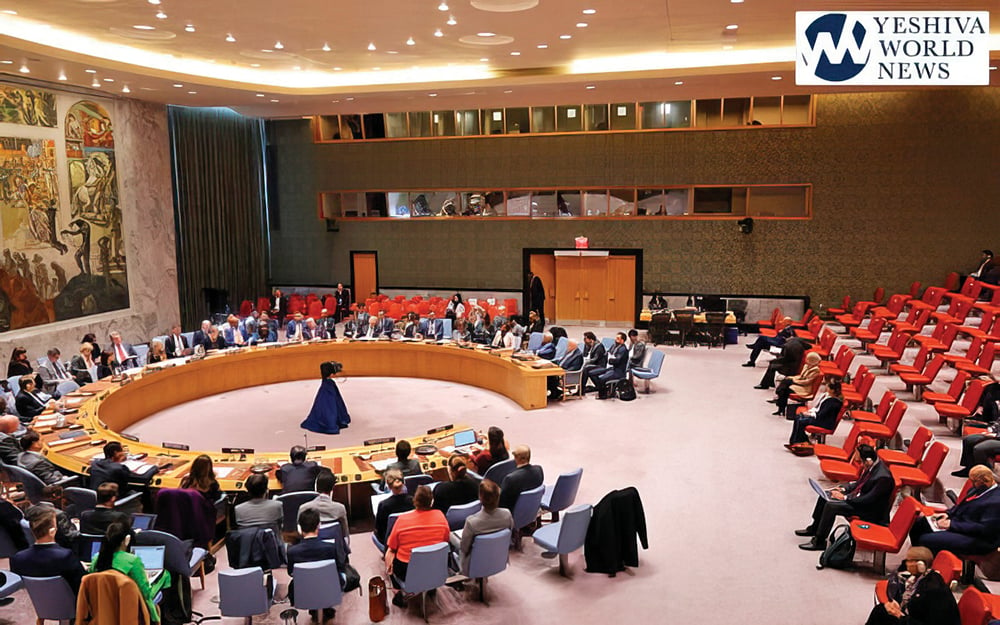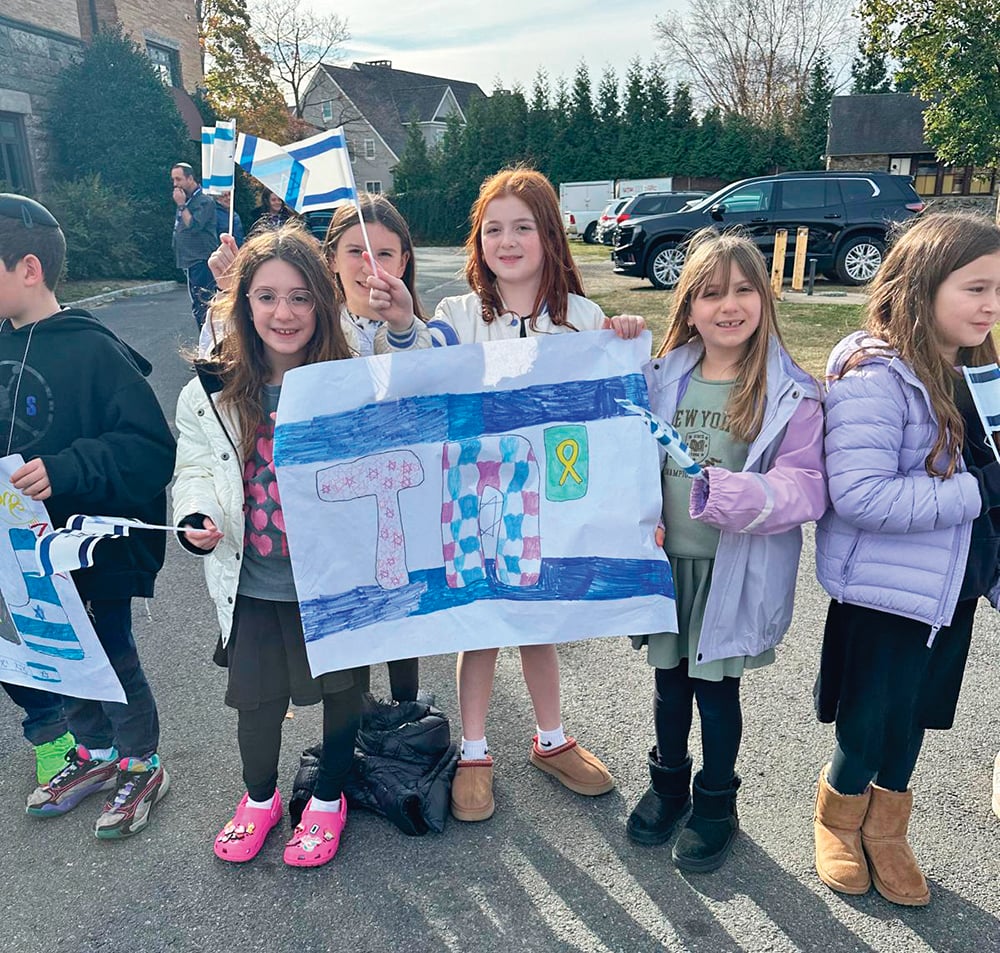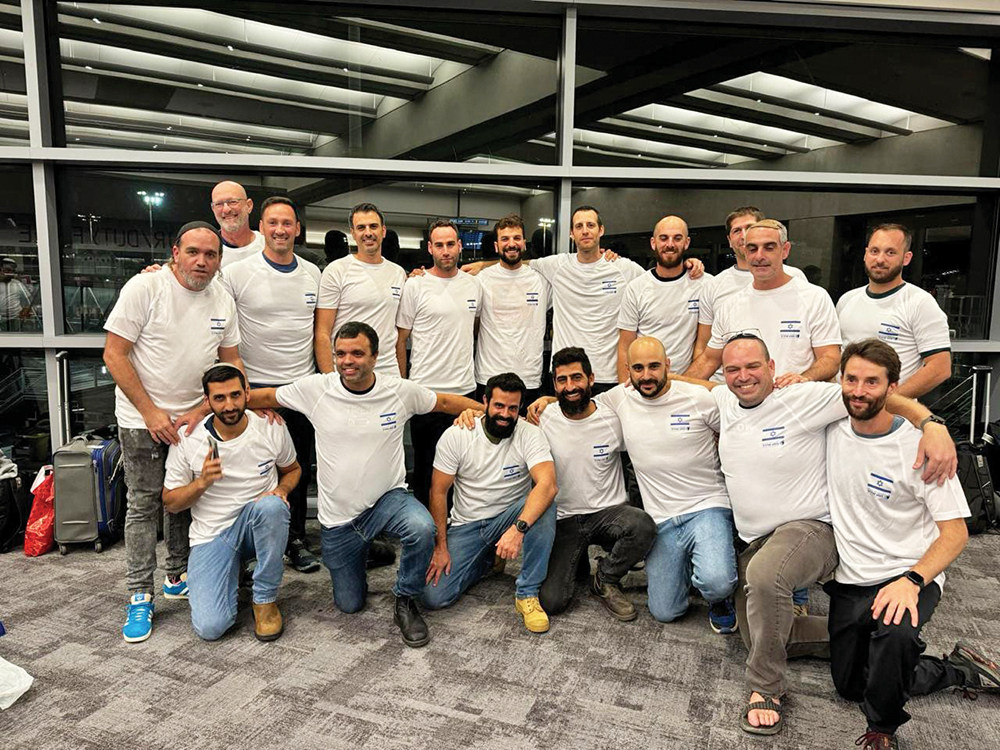In January1948, just months before the Jewish State was declared and the combined armies of Jordan, Syria, Egypt, Iraq, Saudi Arabia and Lebanon were ready to attack, Golda Meir was sent to the United States to raise funds for Israel’s new and fledgling army. She stood before a large group of Jewish philanthropists in Chicago and told them the following: “In a few months, a Jewish state will exist in Palestine.We shall fight for its birth. That is natural. We shall pay for it with our blood. That is normal. The best among us will fall, that is certain. But what is equally certain is that our morale will not waver no matter how numerous our invaders may be.”
“It is not to you,” she told the group, “to decide whether we shall continue our struggle or not. We shall fight. The Jewish community of Palestine will never hang out the white flag before the Mufti of Jerusalem…. But you can decide one thing—whether the victory will be ours or the Mufti’s.”
It’s 76 years later and Israel is still fighting for her survival. And we know that no matter what our attitude is here in America, our Jewish brothers and sisters inIsrael will continue to fight, but we can help decide whether the victory will be ours or our enemies’. We can decide whether we remain passive and simply watch the situation unfold on our phones, or whether we will play an active role in supporting Israel in her time of need. We can decide whether to pray for Hashem’s intervention. We can decide to donate funds to the many charities helping the IDF and displaced Israelis, to continue to press for the release of all the hostages, and get involved with AIPAC to lobby Congress and the White House to give Israel the support she needs to win this war.
It’s up to us. We can allow Israel to fight this war herself or we can come to her side with our prayers, donations, and most importantly, as this week’s Parshat Behar teaches -—with our love and chizuk: “And if your brother becomes destitute and his hand falls among you, you shall strengthen him” (Leviticus 25:35).
“Vhechezakta bo” “and you shall strengthen him.”
Why doesn’t the Torah simply say, “you shall contribute” or you should give him money, why “and you shall strengthen him”? The Torah is teaching us that our responsibility to our fellow Jews in need goes beyond providing physical sustenance. We must also give chizuk. Someone from Israel visiting New York recently told me how much he appreciates the efforts diaspora Jews are making to help Israel. He said, even more important than the financial and political support, the letters, visits and expressions of love and chizuk are much needed and appreciated.
More than anything else, our brothers and sisters in Israel deserve to feel our love right now. They need to see that we care about them,and that we are with them in their time of distress. Take a moment this week to call a friend, relative or colleague living in Israel. Tell them you’re thinking of them. Offer them words of chizuk. Send a letter of condolence to any one of the many mothers and fathers who have lost a son in Gaza.
We may not live in Israel, we may not be fighting in the army, but Israel is home to all Jews and this battle is also our battle. The hostages kidnapped by Hamas could have been any one of us. They must remain in our hearts and in prayers until they are brought home –—until they are returned to their families, please God, soon,in safety and in peace. In the merit of our active involvement and prayers, and especially in the merit of our love and support, may Hashem protect Medinat Yisrael and Tzva Haganah L’Yisrael, and may we soon see the return of all the hostages.
Rabbi Mark Wildes is the founder of Manhattan Jewish Experience (MJE), a highly successful Jewish outreach program which engages 20’s/30’s in Jewish life and has facilitated 383 marriages.












